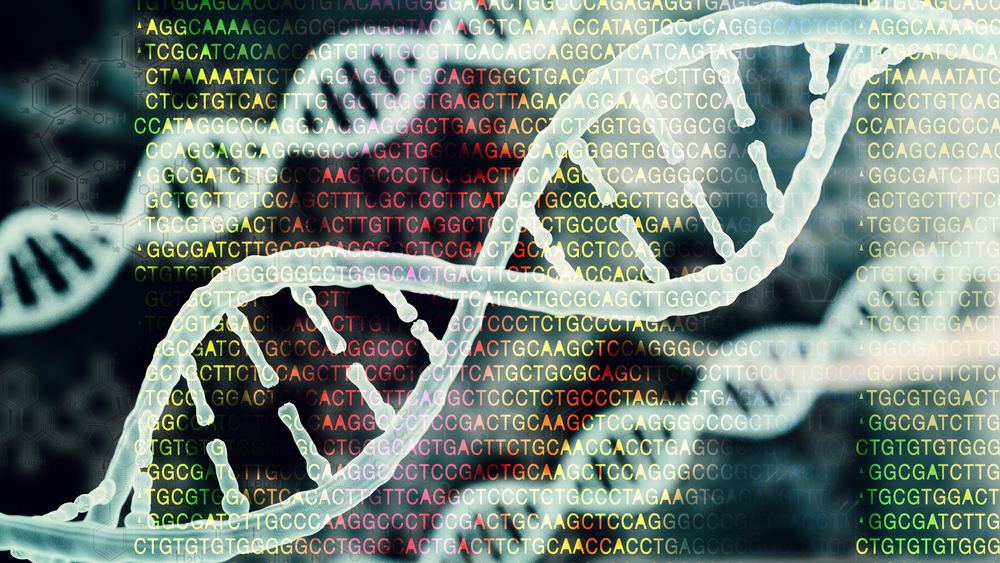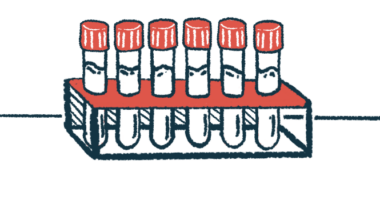Combined Genetic Analyses Aids Diagnosis of Neuromuscular Disorders Like SMA, Invitae Reports

Invitae presented data that supports combining genetic sequencing with platforms that detect copy number variant (CNV) as a way of diagnosing neuromuscular disorders — such as spinal muscular atrophy — and one superior to genetic sequencing alone.
The results were in one of the 15 posters Invitae, a genetic information company, presented at the recent 2017 American Society of Human Genetics (ASHG) Annual Meeting in Orlando, Florida.
“These data highlight the utility of evaluating both genetic variants and copy number variants on a single testing platform to help clinicians more quickly diagnose patients,” Robert Nussbaum, MD, chief medical officer of Invitae, said in a press release. “Our data also highlight the ability of expertly curated, disease-specific panels to be a more rapid, cost-effective first step for diagnosis that can be used before exome testing [sequencing all parts of the genome that code for proteins] when diagnosing epilepsy and neuromuscular disorders.
“Well-designed testing and innovative techniques can help shorten the often lengthy process of elimination that can accompany diagnosing genetic disease,” he added.
The study, in part, details how researchers analyzed the DNA of 4,358 people in the search for a potential genetic cause to their neurological or neuromuscular disease. Specifically, they used high-depth next generation sequencing — a technique with the ability to analyze in great detail the DNA sequence found in patients’ cells — coupled with a thorough analysis by sequencing experts known as bioinformaticians.
This work pinpointed a genetic cause at a rate 12% for dystonia (a neurological movement disorder) that rose to 64% for spinal muscular atrophy. Incorporating a copy number variant analysis — a search for sections of the genome that are repeated — helped the sequencing analysis in about 40 percent of the cases.
The study, “Diagnostic yield for neurological and neuromuscular disorder testing via high-depth multi-gene panel analysis with integrated sequence and copy number detection,” was designated as a Reviewer’s Choice abstract, an honor given the top 10 percent of poster abstracts presented at ASHG.
Invitae specializes in genetic diagnostics for hereditary disorders that include spinal muscular atrophy.







